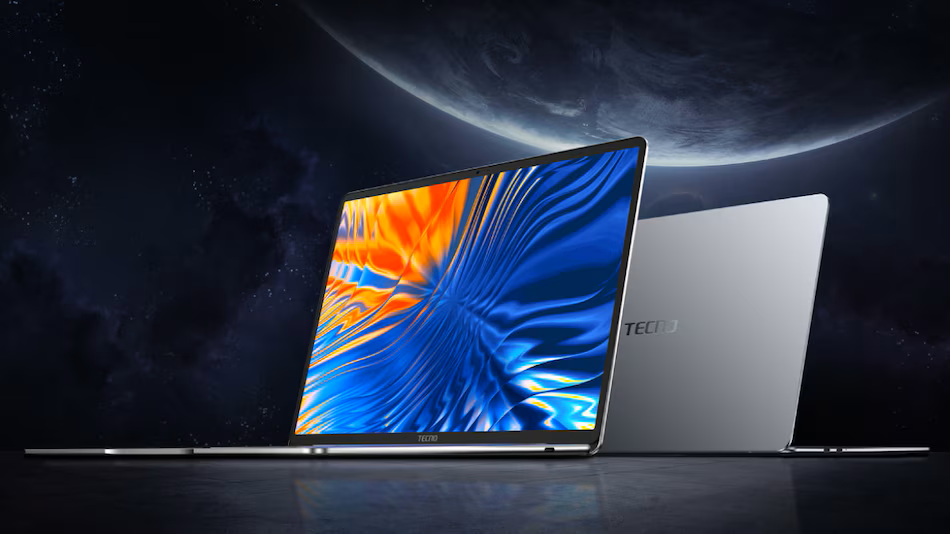
Nvidia Claims Top Spot as World's Most Valuable Company
Chipmaker Nvidia has once again demonstrated its meteoric rise in the technology sector, clinching the title of the world's most valuable company by market capitalization. As of Thursday, May 29, 2025, Nvidia's valuation soared to approximately $3.427 trillion, propelled by a robust performance in its share price over the past five days, recording an increase of over 6%. In contrast, Microsoft's market capitalization stood at $3.388 trillion.
This marks a pivotal moment in the ongoing "trillion-dollar race" among tech giants, with Nvidia, Microsoft, and Apple consistently vying for the top position.
Nvidia's extraordinary growth is almost entirely attributed to its unparalleled dominance in the rapidly expanding artificial intelligence (AI) market. The company's Graphics Processing Units (GPUs) have become the de facto standard for training and deploying AI models, from large language models to complex machine learning applications.
Key focus by NVIDIA :
- Unprecedented Demand for AI Infrastructure: As businesses across all sectors integrate AI into their operations, the demand for powerful computing infrastructure, primarily fueled by Nvidia's GPUs, has skyrocketed. Data centers, cloud providers, and enterprises are investing heavily in AI capabilities, and Nvidia is at the core of this transformation.
- Leading-Edge Technology: Nvidia has consistently innovated with its GPU architectures (such as Ampere and Hopper, and the recently announced Blackwell architecture), which are exceptionally well-suited for the parallel processing demands of AI. Their CUDA software platform further solidifies their ecosystem, making it easier for developers to build and run AI applications on Nvidia hardware.
- Strong Financial Performance: Recent quarterly earnings reports from Nvidia have consistently exceeded analyst expectations, showcasing robust revenue growth and impressive profit margins. This financial strength has instilled strong investor confidence. For instance, in its fiscal first quarter, Nvidia reported revenue of $44.1 billion, beating guidance, with second-quarter revenue guidance of $45 billion. Data center revenue alone surged 73% year-over-year to $39 billion.
- Strategic Vision: Nvidia's CEO Jensen Huang has been a vocal proponent of AI for years, positioning the company strategically to capitalize on the burgeoning AI market. Their continuous investment in R&D, coupled with partnerships across the industry, ensures they remain at the forefront of AI hardware and software development.
While Microsoft has temporarily ceded the top spot, it remains a formidable force in the tech industry, also deeply intertwined with the AI revolution.
- Cloud Computing and AI Integration: Microsoft Azure is a leading cloud provider, offering extensive AI services and leveraging Nvidia's GPUs. Microsoft has been aggressively integrating AI into its diverse product portfolio, from its Office suite and Windows operating system to its enterprise software and gaming platforms.
- Strategic Investments: Microsoft's substantial investments in AI, including its partnership with OpenAI (creators of ChatGPT), demonstrate its commitment to being a key player in the AI era.
- Broad Portfolio and Recurring Revenue: Microsoft's strength lies in its diverse revenue streams, including its enterprise software, cloud services, and hardware. Its strong recurring revenue model from software subscriptions provides a stable financial foundation.
The race for the world's most valuable company highlights the immense investor appetite for companies positioned at the forefront of AI innovation. This dynamic reflects the belief that AI will be a transformative technology, driving significant economic growth and reshaping industries.
The volatility in market capitalization among these tech giants is expected to continue as technological advancements, competitive dynamics, and investor sentiment around AI evolve. While Nvidia currently holds the crown, the rapid pace of innovation means that the landscape could shift again, keeping the market captivated by this high-stakes competition.









